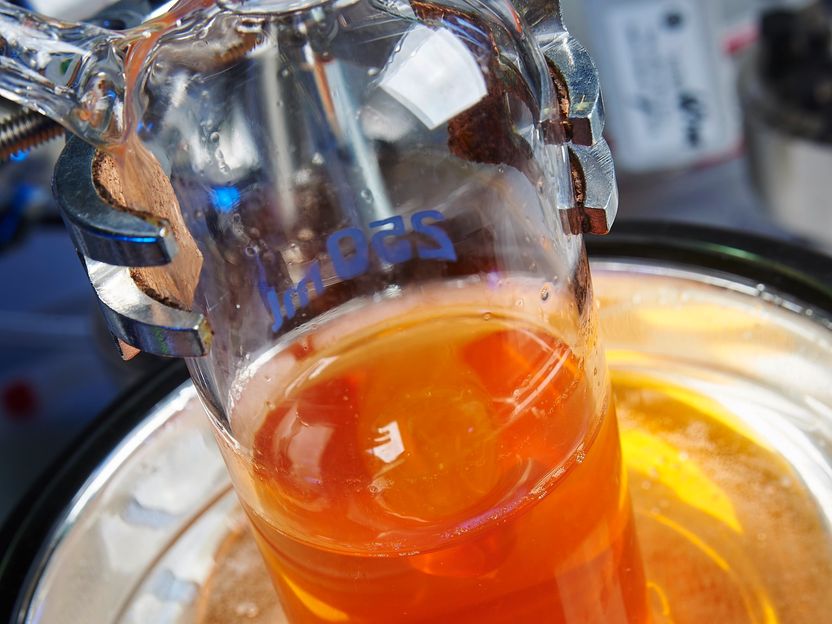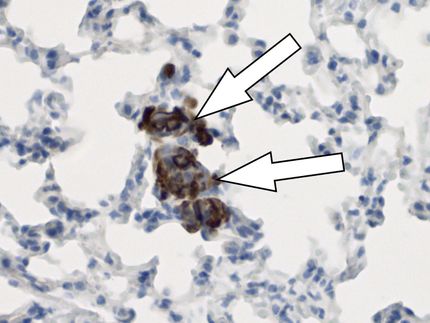Biotron progresses HIV treatment
Biotron Limited announced that anti-viral drug BIT225 is able to stop HIV spreading. The drug was tested in a study involving 18 HIV positive patients at Sydney’s St Vincent’s Hospital.
Scientists at the Fourth International Workshop on HIV Persistence During Therapy heard the drug was able to inhibit replication of the HIV virus in monocyte cells isolated from the HIV-infected patients, where until now, it has been able to 'hide' from current drug treatments. Monocytes collected from the patients were treated with BIT225 to see the effect of the drug on virus within the cells.
Biotron’s senior virologist Dr John Wilkinson told delegates at the convention that BIT225 was able to stop the virus replicating in these storage cells by up to 99 per cent. Moreover, it was also able to stop the virus transferring to uninfected T Cells.
“In people infected with HIV there is an ongoing cycle of infection of T Cells with HIV from reservoir cells and, at present, there is no drug that can target this process,” he said. “Treatment and elimination of this reservoir remains a major therapeutic challenge.Even patients who have been treated with highly active anti-retroviral therapy can experience rapid virus rebound because of these virus reserves in reservoir cells. By specifically targeting HIV in reservoir cells, Biotron's BIT225 offers the potential to stop this on-going cycle of infection.”
Biotron is now progressing protocols for a Phase Ib/IIa trial of BIT225 in HIV patients. This trial is in addition to the proposed Phase II trial of the same drug in patients infected with Hepatitis C virus (HCV).
Original publication: Gabriela Khoury, Gary Ewart, Carolyn Luscombe, Michelle Miller, and John Wilkinson; "The Antiviral Efficacy of the Novel Compound BIT225 Against HIV-1 Release from Human Macrophages. Antimicrob. Agents"; Chemother. 2009.
Most read news
Other news from the department research and development

Get the life science industry in your inbox
By submitting this form you agree that LUMITOS AG will send you the newsletter(s) selected above by email. Your data will not be passed on to third parties. Your data will be stored and processed in accordance with our data protection regulations. LUMITOS may contact you by email for the purpose of advertising or market and opinion surveys. You can revoke your consent at any time without giving reasons to LUMITOS AG, Ernst-Augustin-Str. 2, 12489 Berlin, Germany or by e-mail at revoke@lumitos.com with effect for the future. In addition, each email contains a link to unsubscribe from the corresponding newsletter.
More news from our other portals
Last viewed contents

Genetically harmful compounds detected in vegetable oils - Genotoxins discovered for the first time using a novel method
Europe will be research hub, say Heads of State
SuppreMol releases positive interim Phase Ib/IIa results on SM101 in Primary Immune Thrombocytopenia (ITP) trials - Data confirm excellent safety profile and therapeutic activity

Sniffer Dog for Drug Degradation Products - Deuteriation: Hot Topic in Chemical Research
Abbott Honored With Scrip Award for Leadership in Corporate Social Responsibility - Award Recognizes Long-Term Results of Partnership to Strengthen Tanzania's Health Care System
Spanish biotechnology should focus on food and plant sectors to be more competitive

Risk of serious COVID-19 infection can now be predicted - Researchers develop rapid test for severe infections
First Human Dosing of Gerilimzumab - RuiYi initiates clinical trial for autoimmune disorders drug
Sartorius Reviews Fiscal 2013 Results
Novel gene drives development of different types of ovarian cancer

























































